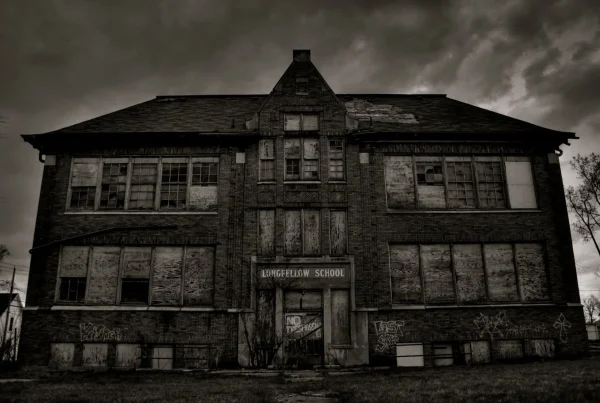Why the US needs AT LEAST a $15 minimum wage
Imagine putting in sixty minutes of hard work for your job, busting your tail as hard as you could and at the end of that hour, and your employer hands you a five-dollar bill, two dollars and a quarter. This scene happens so often that it should enrage you. The United States federal minimum wage is $7.25, and it has not risen since that number was agreed upon in 2009. Despite eleven years of inflation and a rising cost of living, the wage regular working-class people receive has been mostly stagnant. The Biden Administration has been hard advocates for the bump in pay and here is why I also believe it should happen.
With a minimum wage at $7.25, it highly undermines the cost of living required to maintain a decent life in the United States. While big businesses feed on the worker exploitation that directly results from their stinginess to increase employees’ pay, the families and livelihoods of these workers are hurt the most. According to a report from the National Low Income Housing Coalition (NLIHC), between 2010-2020 the average apartment rental price has increased by 40%. This has all happened while the income so many Americans rely on to feed themselves, and usually others, has stayed the same.
According to nelp.org (National Employment Law Project), 42.4% of Americans make less than $15 per hour, that is almost half of our economy. When you look at this number in relative terms, it may not look so bad. We look at $15 as a somewhat good price point to make and people under it may not be far off from this number, which is true. Yet considering the rise of inflation since 1968, the minimum wage should be $24.75. As of now, it is a third of that.
The fact is that workers should at the very least be making $25 according to inflation, not a random number thrown out there for political acclaim. People opposing implementing a minimum wage that is ten dollars less than that is blasphemy.
Another flawed argument people bring to the table in the discussion of minimum wage is: “Businesses can’t afford to make such a dramatic increase in payment for employees. They’ll crumble.” With this I say, who cares? If you can’t afford to pay the people who put in hours and hours of time into profiting your business a decent wage, you should not have one. The fact is that if all corporations, especially big businesses, put $15 hourly wage toward employees, the revenue of all businesses would go up as a direct result. More people have money = More money to spend in stores. The greediness of wealthy owners impedes on this goal.
What about the argument of, “If everyone has money, prices will rise dramatically!” This again is an argument that has no real base. Costco, In-N-Out, BestBuy, Target, and Home Depot are five huge corporations that have been bringing in bank this past year. They made a cumulative profit of over 15 billion dollars in 2020 alone. What do they have in common? They all pay workers at least $15 an hour. Something more astounding is Bestbuy, Target, and Home Depot raised employee pay 20% during the pandemic. Prices remained the same with no evidence of corporations losing money due to better compensation to workers.
In 2017, then President Donald Trump signed the Tax Cuts and Jobs Act, a supposed win for Americans. The act lowered corporate tax rates to 21%, taxing the rich less and less. Investopedia published an article breaking down the plan early of 2020.
“For the wealthy, banks, and other corporations, the tax reform package was considered a lopsided victory given its significant and permanent tax cuts to corporate profits, investment income, estate tax, and more.” (David Floyd, Investopedia)
With the rich paying less and less federal taxes, there should be no excuse as to why the pay of workers continues to receive no increase, again, despite the raising cost of living.
Something that is also relatively important is how small businesses, rather than large corporations, will react to this sudden increase in wages. A huge part I believe is why this would be harder to incorporate is the government’s laziness and blatant disregard for the circumstances. The minimum wage has not been adjusted in almost 12 years; in the 22 times the minimum wage was raised, that would be the longest gap. Especially with the threat of an ongoing pandemic, you would think the federal government would provide more than $1800 over the course of eleven months while so many people, small businesses, and elderly are struggling with putting money on the table. So the issue with small businesses being able to afford the jump does not lie within the issue of the minimum wage being raised, it relies within negligence of the government for taking so long to do the proper actions necessary.
As we consider all the good a higher minimum wage would do, it excessively outweighs the opposing viewpoint. We have the opportunity to distribute so much wealth along with giving average everyday Americans the opportunity to provide and put food on the table for themselves as well as their loved ones. Giving people livable wages is not a political move, it is a human rights one.

Nasir Mubarak (‘21) is a journalist that strives his writing on accuracy, relevancy, and cultural significance. His main passions are politics and fashion...












